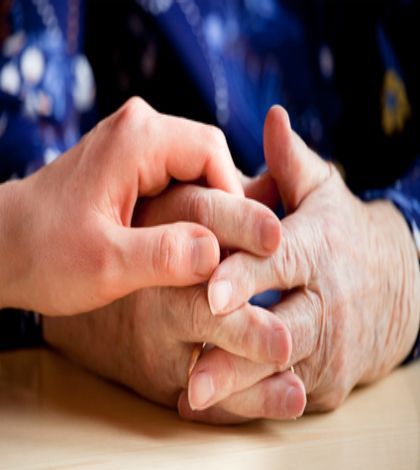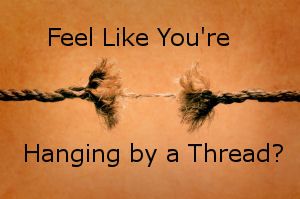Taking Care of the Caregivers: Understanding the Struggles
Being a caregiver is a difficult and demanding job, often resulting in sacrifice of personal time, finances, and relationships. This article discusses the disconnect between caregivers and their uninvolved family members, and the importance of understanding and supporting the needs of caregivers.

The welfare of caregivers is an often-neglected subject, prompting insightful discussions on the complexity of their experiences. A comment on an online platform highlighted the challenge of truly comprehending the role of a caregiver without having first hand experience. A vehement response to this comment argued that empathy should transcend personal experience, asserting that sympathy is a valid expression of concern. However, this rebuttal inadvertently reaffirmed the initial point: individuals who haven't been caregivers cannot fully fathom the intricacies of this role.
Distinguishing between sympathy and empathy is crucial. While sympathy is well-intentioned, it falls short of offering genuine understanding. Sympathy originates from those who haven't undergone similar challenges and can only observe from a distance. It engenders feelings of compassion but lacks the depth to grasp the realities faced by caregivers.
Sympathy and Empathy are two different things.
The divergence between caregivers and disengaged family members is stark. Caregivers invest substantial portions of their lives in tending to others, resulting in sacrifices that span finances, time, personal relationships, and self-care. Frequently, caregivers find themselves devoid of personal lives due to their constant commitment to those in need. The strain on finances, ruptured relationships—even marriages—and disruptions in child-rearing are common repercussions. Moreover, the physical and emotional toll of stress, anxiety, and even physical injuries are too often ignored, especially considering the risk of persistent injury while assisting individuals with mobility constraints.
Caregivers and Uninvolved Siblings or Family Members
People shy away from caregivers for various reasons. Some are paralyzed by their inability to offer meaningful assistance, feeling powerless and inadequate. Unfortunately, selfishness is a factor for many who refuse to relinquish aspects of their own lives. Rationalizing their reluctance, they claim that the caregiver is already managing, dismissing their own potential contributions. This allows them to avoid confronting their own self-centeredness.
Regrettably, caregivers are frequently blamed for not providing "adequate" care. This accusation may sometimes hold true, but it's vital to recognize that caregiver burnout and overwhelming circumstances can lead to such situations. Often, blame stems from those who refuse to acknowledge their responsibility, conveniently directing culpability toward the caregiver.
Social isolation is a prevalent challenge for caregivers. Their interactions revolve solely around the patient's needs, sidelining their own well-being. It's disheartening to note that caregivers' requirements are often overlooked, exacerbating their isolation. While some manage to seek support from local groups, many are constrained by their caregiving duties and can't attend in-person meetings. Nevertheless, online support communities have been a lifeline for numerous caregivers, even though digital access isn't universally available or feasible for everyone.
What's clear is the need for comprehensive education—not only on caregiving techniques but also on the significance of caring for caregivers. The burdens they shoulder and the sacrifices they make deserve recognition and support. As a society, we must embrace the duty of understanding and uplifting caregivers, acknowledging their invaluable contributions and offering tangible assistance whenever possible.
You might also like this article:







